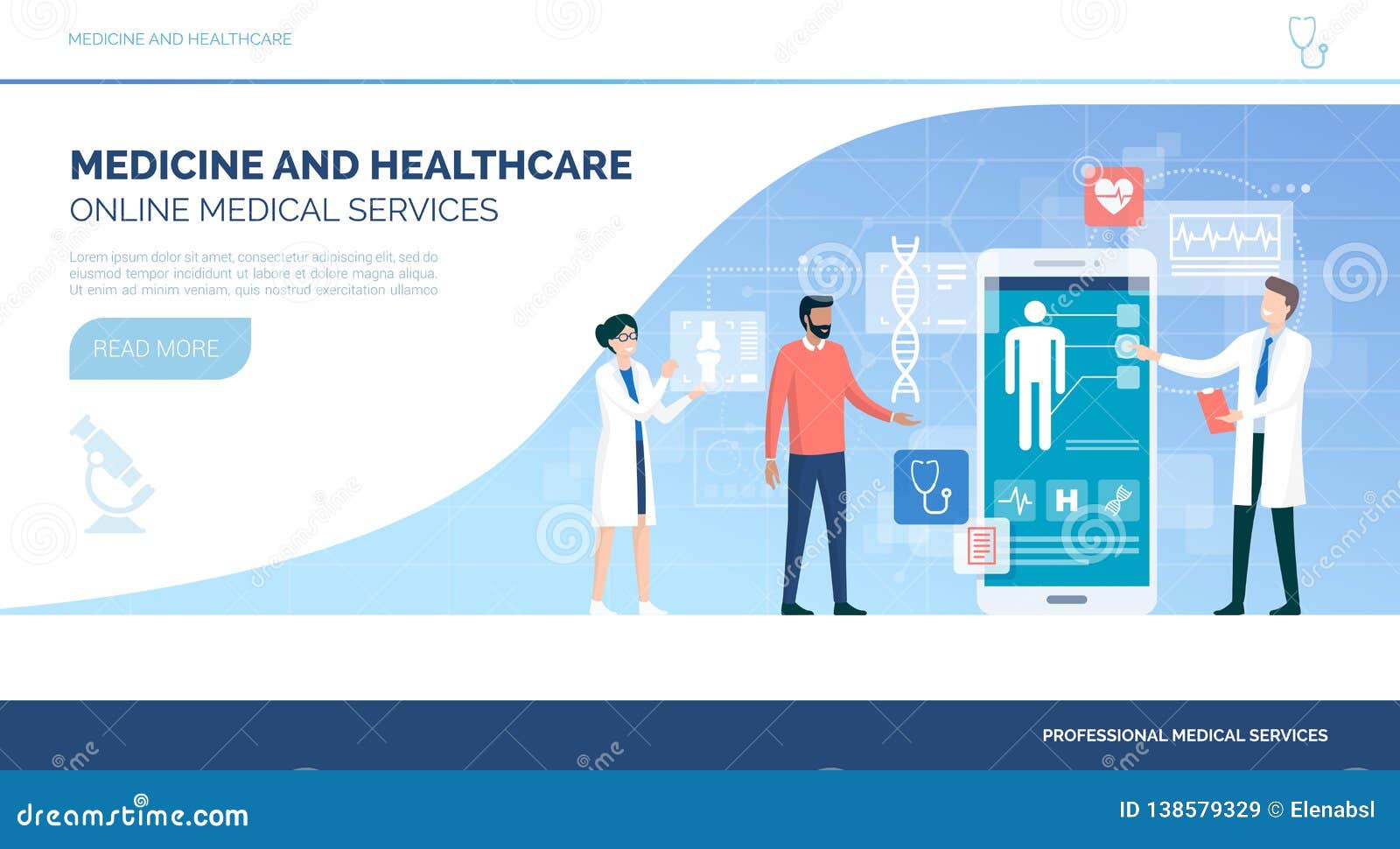The Effect of Subscription Based Healthcare on Traditional Clinical Practices
The Effect of Subscription Based Healthcare on Traditional Clinical Practices
Blog Article
The Rise of Subscription-Based Medical Care and Its Influence on Individual Care
As medical care advances, the subscription-based version is getting traction, promising to reinvent person treatment by supplying predictability and accessibility. These designs, which bypass typical insurance, might redefine the patient-doctor dynamic, stressing precautionary and customized care. As with any type of development, they provide difficulties, particularly worrying equitable access for all socioeconomic teams. The potential for these designs to reshape healthcare shipment raises pushing concerns about their long-lasting sustainability and inclusivity. Are these subscription solutions the future of medical care, or do they run the risk of leaving vulnerable populations behind? The details of this change warrant a closer examination.
Recognizing Membership Healthcare Models
Understanding the concept of subscription healthcare models includes taking a look at a transformative strategy to clinical solutions that highlights affordability and access. These versions, usually described as straight health care (DPC) or attendant medicine, have actually arised as innovative choices to traditional fee-for-service healthcare systems. Registration medical care permits clients to pay a fixed month-to-month or yearly cost for a defined set of medical solutions, which may include endless workplace sees, routine examinations, and fundamental laboratory examinations, without the need for standard insurance coverage billing.
The structure of registration health care models is developed to improve patient care by eliminating third-party payers and intricate invoicing codes, thereby minimizing management worries. Health care providers can focus much more on person treatment, cultivating more powerful patient-provider relationships. This model also promotes preventative care by motivating routine check outs, as the economic obstacle of per-visit fees is removed.
The subscription version frequently equips healthcare suppliers to take care of smaller patient panels, permitting for even more personalized treatment. It lines up financial rewards with person health outcomes, as suppliers are encouraged to maintain patient fulfillment and wellness. Overall, recognizing subscription medical care designs needs identifying their possible to reshape just how care is delivered and accessed.
Benefits for Companies and individuals

With a steady profits stream, health care specialists can devote even more time to each individual, leading to a much more individualized and detailed treatment experience. The emphasis on preventive care within membership strategies can lead to far better patient outcomes and reduced long-term healthcare prices.
Concerns and obstacles
While subscription-based medical care models present many advantages, they likewise come with a set of difficulties and issues that need to be addressed. This raises honest concerns regarding next page fair accessibility to healthcare services.
Financial sustainability of subscription-based designs is an additional problem. Providers should balance the fixed income from memberships with the variable prices of health care services, which might vary as a result of unanticipated clinical demands. This can develop pressure to restrict services or increase fees, possibly affecting individual contentment and care high quality.
Furthermore, regulatory oversight of subscription-based medical care versions is still progressing. Dealing with these challenges is important for the effective and fair execution of subscription-based health my review here care.
Influence On Patient-Doctor Relationships
One considerable impact of subscription-based healthcare designs on patient-doctor relationships is the potential for boosted connection and individualized care. By taking on a subscription version, physicians can take care of a smaller individual panel, permitting even more committed time with each individual. This increased accessibility fosters a much deeper understanding of a person's medical background, way of living, and choices, enabling more customized treatment strategies and interventions.

Nonetheless, it is vital to identify that while subscription-based designs may benefit those who can manage them, they can inadvertently widen healthcare variations. Individuals that are unable to take part in these versions may experience lower access to individualized treatment, possibly impacting their relationships with healthcare companies. Hence, while the registration model provides appealing benefits for patient-doctor connections, it also poses challenges that require to be dealt with to ensure equitable medical care accessibility.
Future of Health Care Gain Access To

The function of technology can not be overlooked in this change. Telemedicine systems and digital health and wellness documents help with seamless interaction between individuals and doctor, damaging down logistical and geographical barriers. Additionally, developments in fabricated intelligence and information analytics can better individualize clinical treatment by forecasting person demands and enhancing therapy plans.
Nonetheless, the future of healthcare gain access to additionally provides obstacles, such as guaranteeing equity throughout various socio-economic groups. Policymakers and healthcare companies need to team up to link the digital divide, making certain that subscription-based models stay inexpensive and comprehensive. you can find out more As these systems grow, they hold the pledge of making healthcare more available, effective, and patient-centric.
Final Thought
Subscription-based health care versions are improving client treatment by giving a stable cost structure and improving availability. The rise of subscription-based healthcare encourages positive person involvement, which has the possible to improve client end results and contentment, signaling a transformative shift in medical care distribution.
As health care develops, the subscription-based version is gaining traction, promising to change individual treatment by offering predictability and accessibility.Subscription-based health care designs use distinctive benefits for both carriers and clients, enhancing the general medical care experience.As health care systems advance, the future of healthcare accessibility frequently hinges on the integration of cutting-edge models and technologies.Subscription-based healthcare versions are reshaping individual care by providing a steady price structure and enhancing access. The increase of subscription-based health care encourages proactive client engagement, which has the prospective to improve person results and complete satisfaction, signifying a transformative change in health care distribution.
Report this page